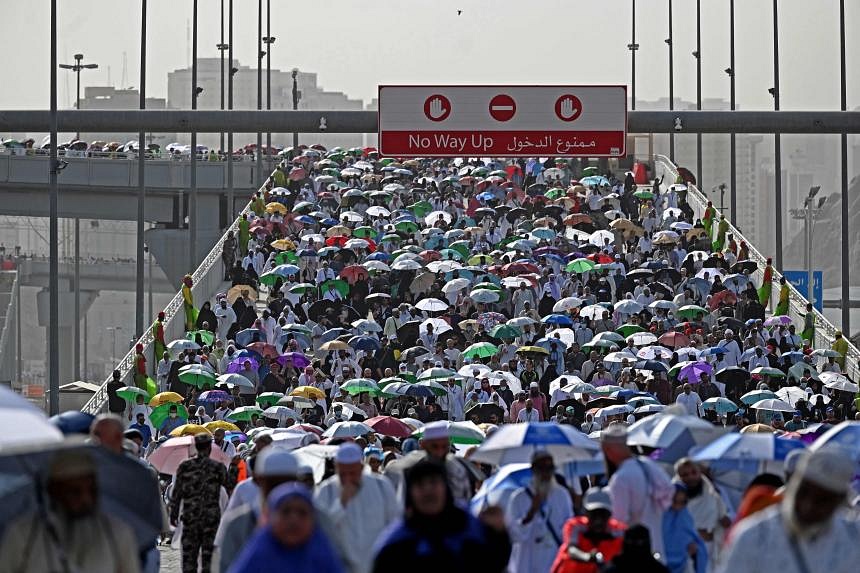This year's Hajj pilgrimage in Mecca, Saudi Arabia, was marred by a deadly heat wave that claimed over 1, 000 lives. Soaring temperatures, reaching a scorching 51. 8 degrees Celsius (125 degrees Fahrenheit), proved too much for many pilgrims, especially those with underlying health conditions. The majority of fatalities were attributed to heatstroke and heat exhaustion, highlighting the growing dangers posed by climate change to this sacred ritual.
While Saudi Arabian authorities haven't released official death tolls, reports from various countries participating in the Hajj indicate a significant loss of life. Over 600 deaths were reported from Egypt alone, with unregistered pilgrims particularly vulnerable. Jordan, Indonesia, Iran, and several other nations also confirmed fatalities among their citizens.
The intense heat exacerbated the physically demanding nature of the Hajj rituals. The vast crowds of pilgrims performingTawaf, the circling of the Kaaba, and Sa'i, the walk between the hills of Safa and Marwa, faced immense strain under the relentless sun. Medical teams struggled to cope with the surge in heat-related illnesses, and some pilgrims who succumbed to the heat died waiting for treatment.
Concerns regarding the impact of climate change on the Hajj have been growing for years. Studies have shown that temperatures in Mecca are rising at an alarming rate, increasing the risk of heatstroke and other heat-related illnesses. This year's tragedy serves as a stark reminder of the need for urgent action.
The Saudi Arabian government has implemented various measures to mitigate the effects of heat during the Hajj, including distributing umbrellas and water to pilgrims, and extending operating hours for air-conditioned areas within the Grand Mosque complex. However, these efforts may not be enough in the face of ever-increasing temperatures.
The international Islamic community is grappling with how to ensure the safety of pilgrims in a changing climate. Some experts have proposed staggering the Hajj pilgrimage over a longer period to avoid peak heat months. Others advocate for stricter health requirements for pilgrims, particularly those with pre-existing medical conditions.
The Hajj is a cornerstone of Islamic faith, a physically and spiritually demanding journey undertaken by millions of Muslims worldwide. The scorching temperatures witnessed this year cast a long shadow over the pilgrimage, raising serious questions about the future of Hajj in a warming world.

